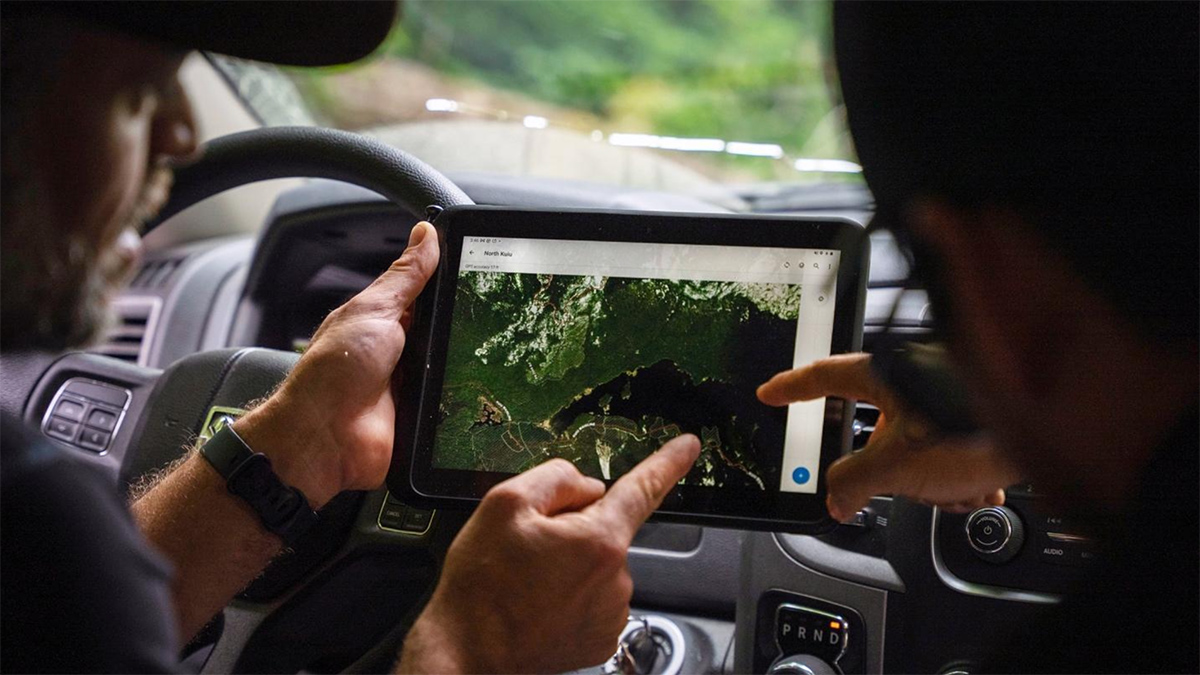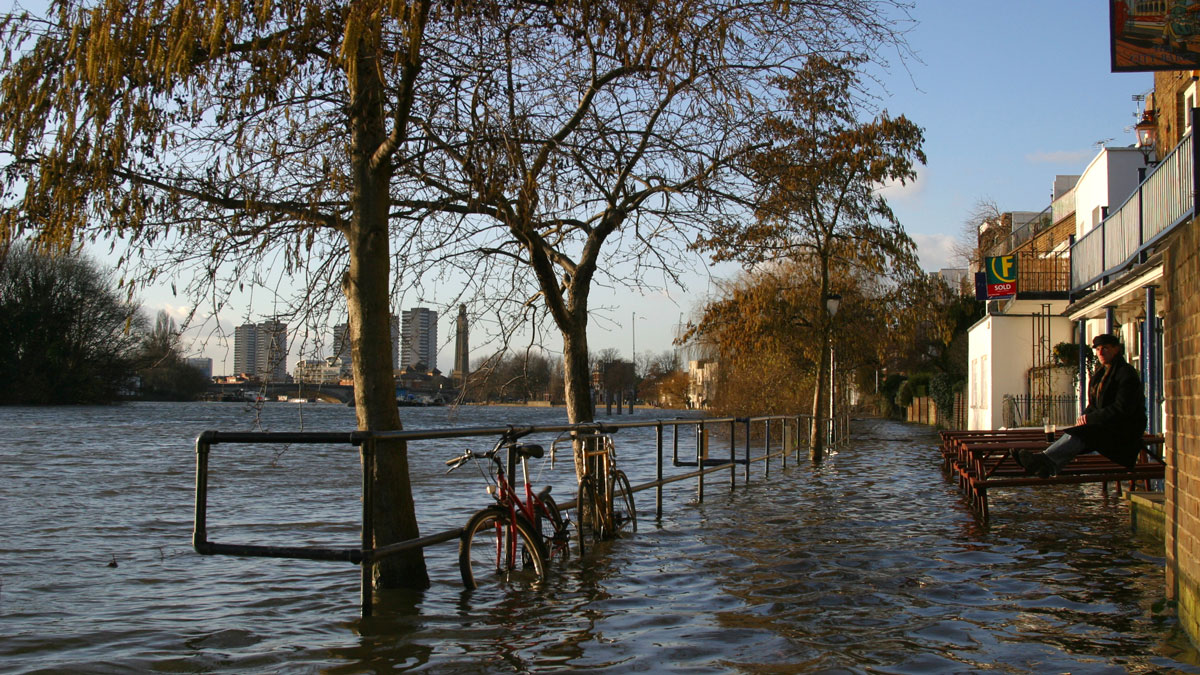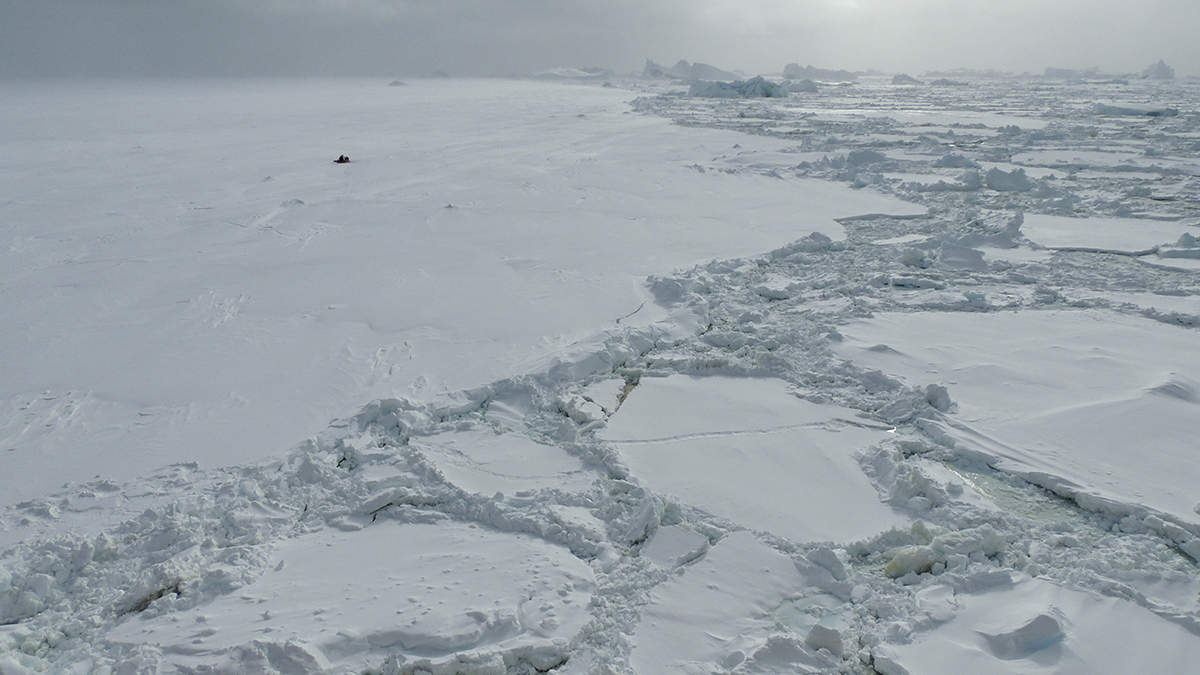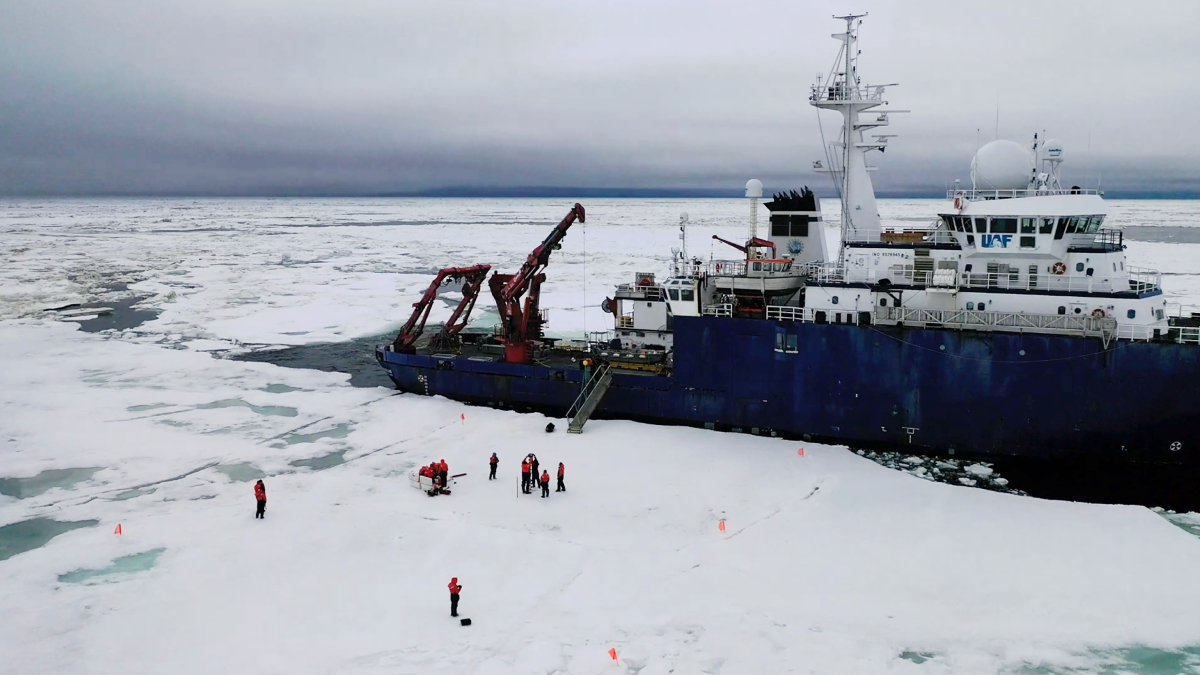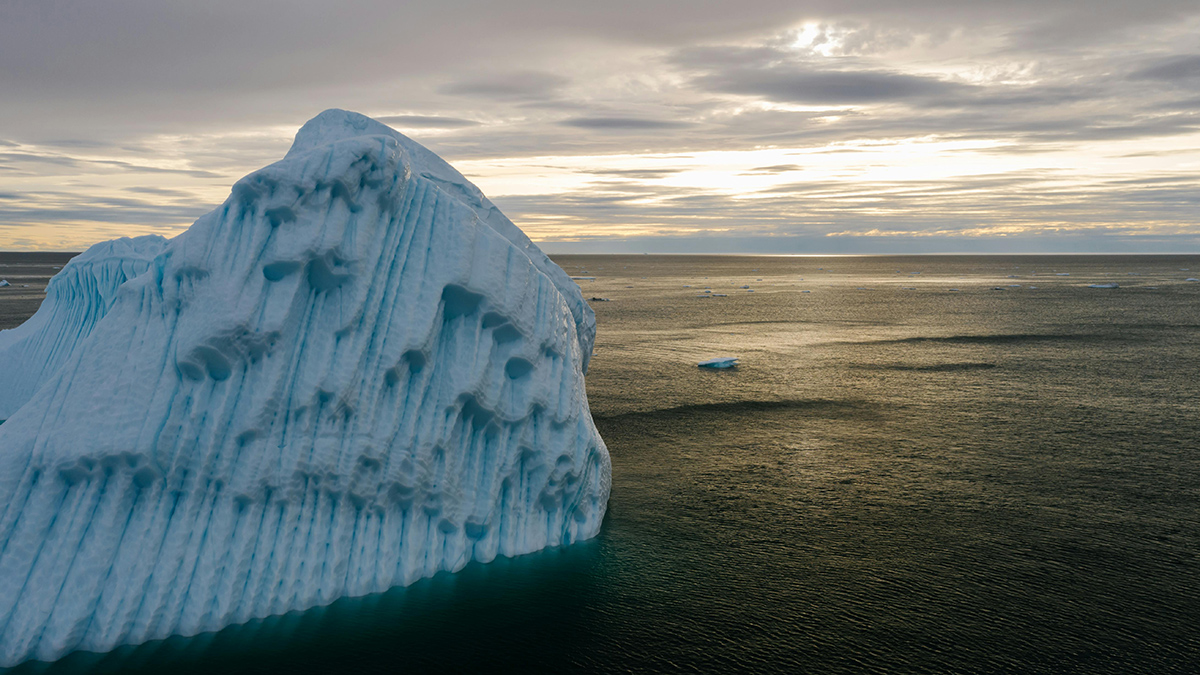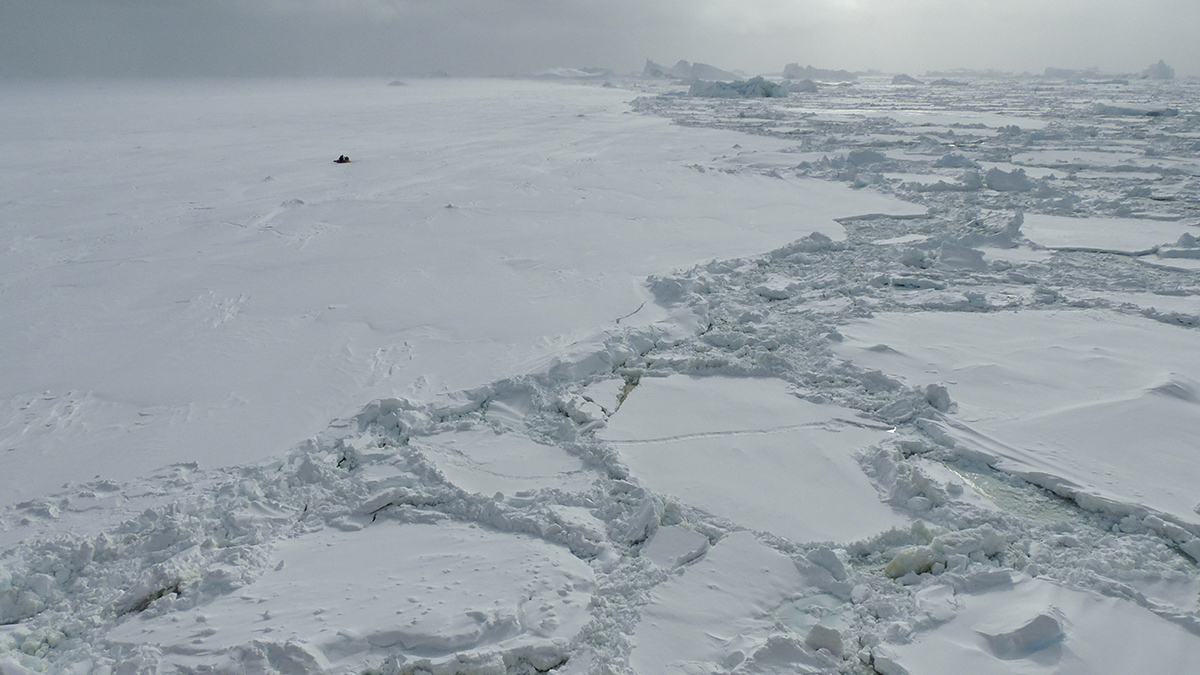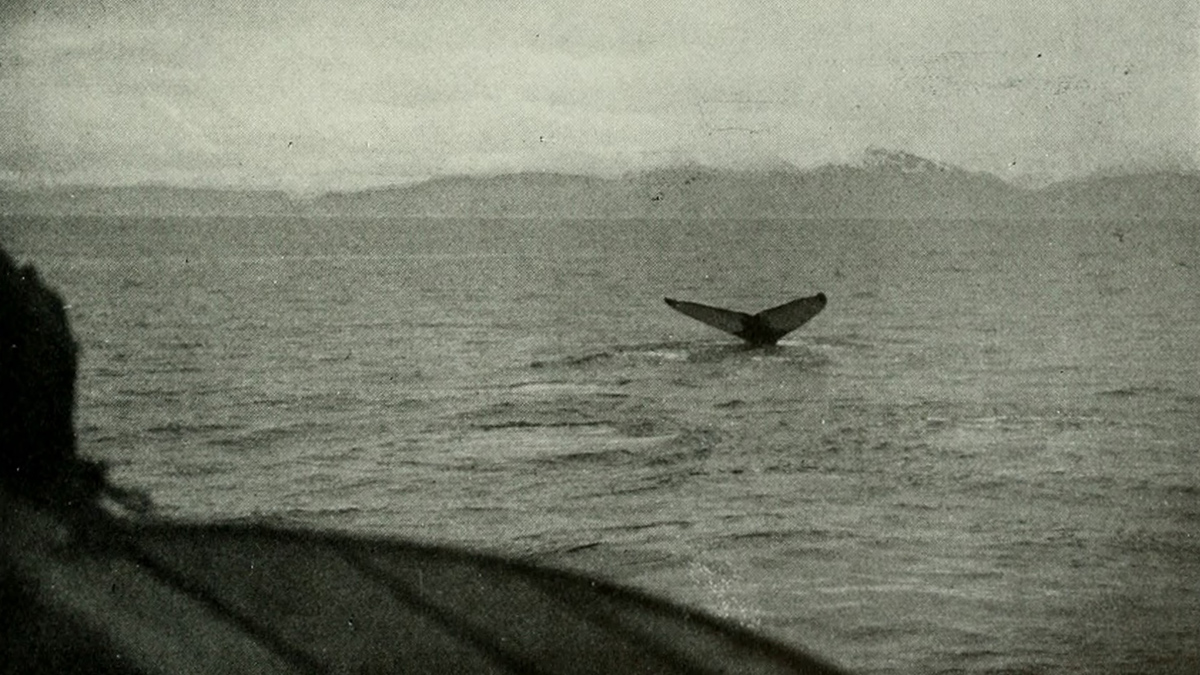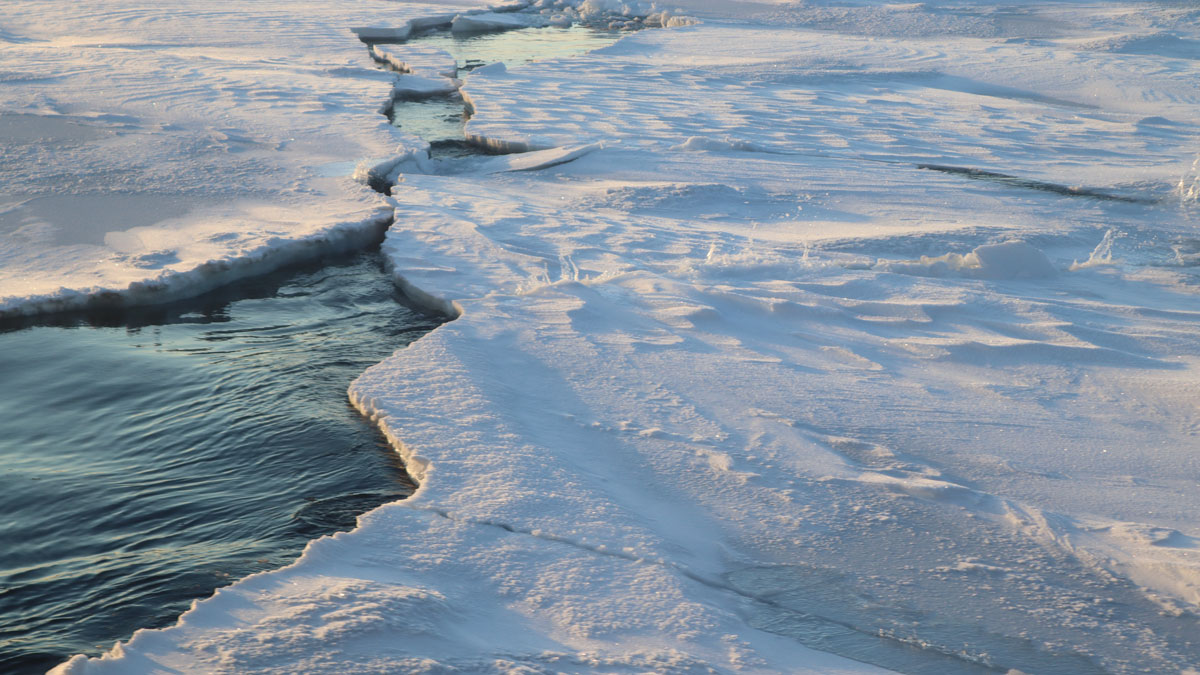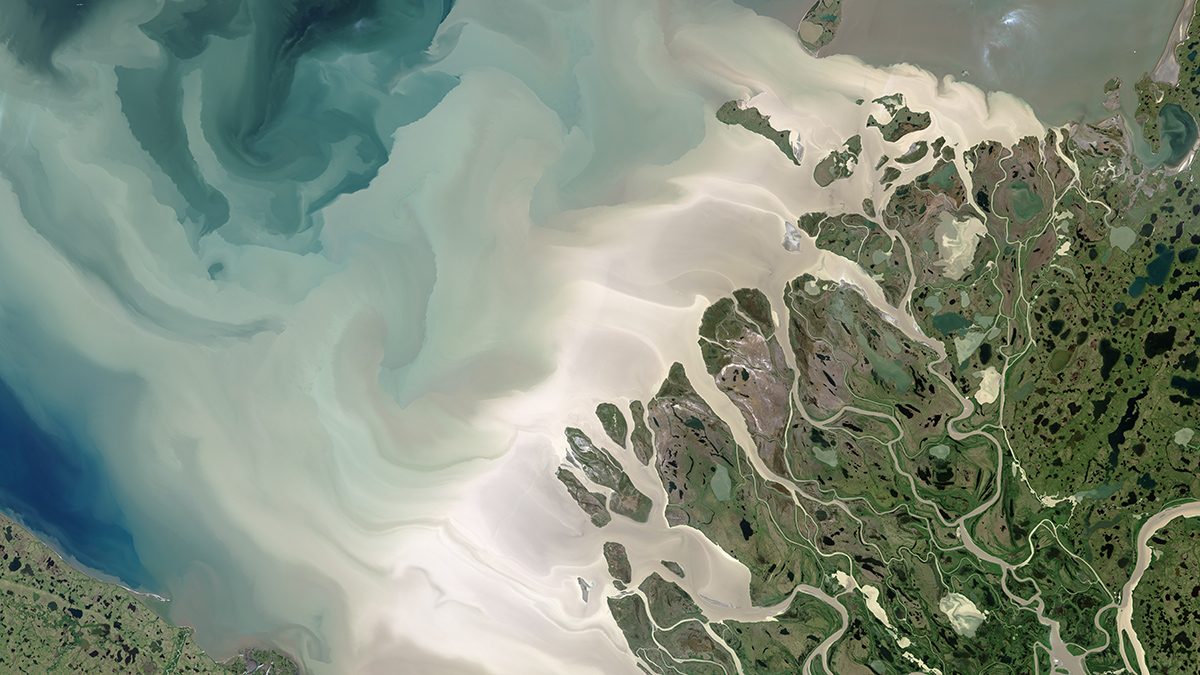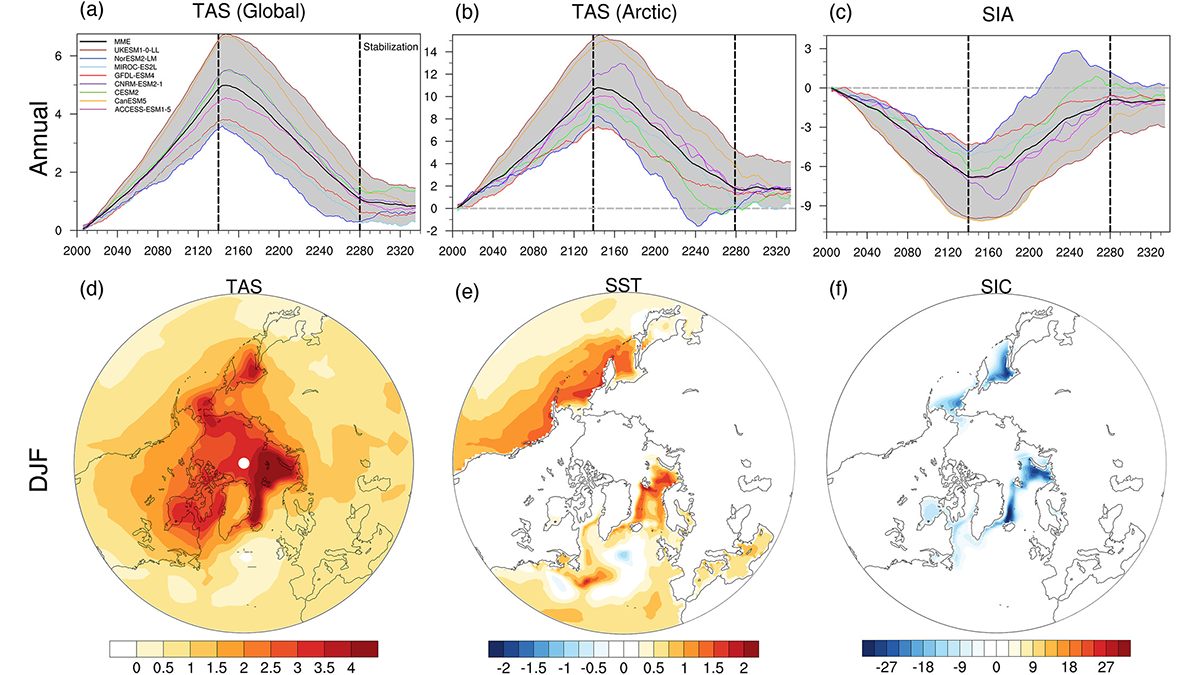The 20th annual Arctic Report Card reveals new highs in temperature and new lows in sea ice, as well as an uncertain outlook for the availability of federal data.
sea ice
A New Way for Coastal Planners to Explore the Costs of Rising Seas
A framework featuring a range of plausible future sea level rise scenarios could help coastal planners prepare critical infrastructure for the worst-case scenario.
La salinidad del Océano Austral podría estar desencadenando la pérdida de hielo marino
Nuevas tecnologías satelitales han revelado que el Océano Austral se está volviendo más salino, un giro inesperado de los eventos que podría representar un gran problema para la Antártida.
Ice Diatoms Glide at Record-Low Temperatures
New observations reveal how microscopic organisms move through polar ice and illustrate how they may have evolved to thrive in extreme environments.
Arctic Ice Shelf Theory Challenged by Ancient Algae
Chemical signatures of marine organisms reveal that seasonal sea ice, not a massive ice shelf, persisted in the southern Arctic Ocean for 750,000 years.
Southern Ocean Salinity May Be Triggering Sea Ice Loss
New satellite technology has revealed that the Southern Ocean is getting saltier, an unexpected turn of events that could spell big trouble for Antarctica.
Whaling Records Can Help Improve Estimates of Sea Ice Extent
The locations of humpback whale catches in the early 20th century indicate that most climate models overestimate the historic extent of sea ice in the Southern Ocean.
Finding Consensus on Arctic Ocean Climate History
Understanding the effects of a “blue” Arctic Ocean on future climate requires a coordinated effort to study Earth’s past warm periods using a variety of classical and cutting-edge methods.
The Uncertain Fate of the Beaufort Gyre
Climate models produce widely varying predictions for what will happen to this influential ocean current, but most models predict it will weaken or stop.
二氧化碳恢复后的北极海冰:对北大西洋天气的影响
北极海冰恢复不完全导致冬季急流向赤道偏移。由于海洋环流起到了额外的驱动作用,北大西洋急流的偏移尤其不确定。

